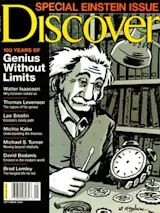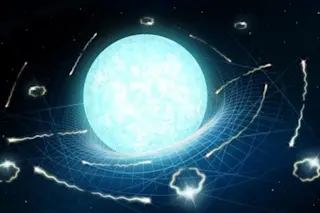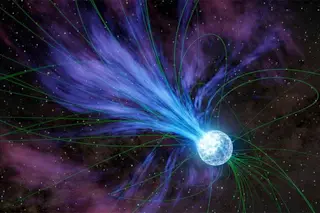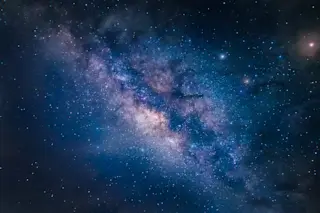London, 1930, autumn, night. The great and the good were gathering in their natural habitat, the Savoy Hotel. The grand ballroom was a sea of formal evening wear: white ties, tails, and elegant gowns. Baron Rothschild hosted the event, a charity dinner to benefit the tide of Eastern European Jewish refugees, already at risk from an increasingly hostile Germany. George Bernard Shaw was the master of ceremonies, although he had argued beforehand that he was insufficiently distinguished to introduce the night’s guest of honor. That duty, Shaw said, should rightly go to Britain’s prime minister, Ramsay MacDonald, but the P.M. was unavailable. In any event, the playwright gave a brilliant performance, the best brief explanation on record of why that night’s honoree remains the modern archetype of genius.
“Ptolemy,” Shaw said, “made a universe which lasted two thousand years. Newton made a universe which lasted for three hundred years. Einstein ...














